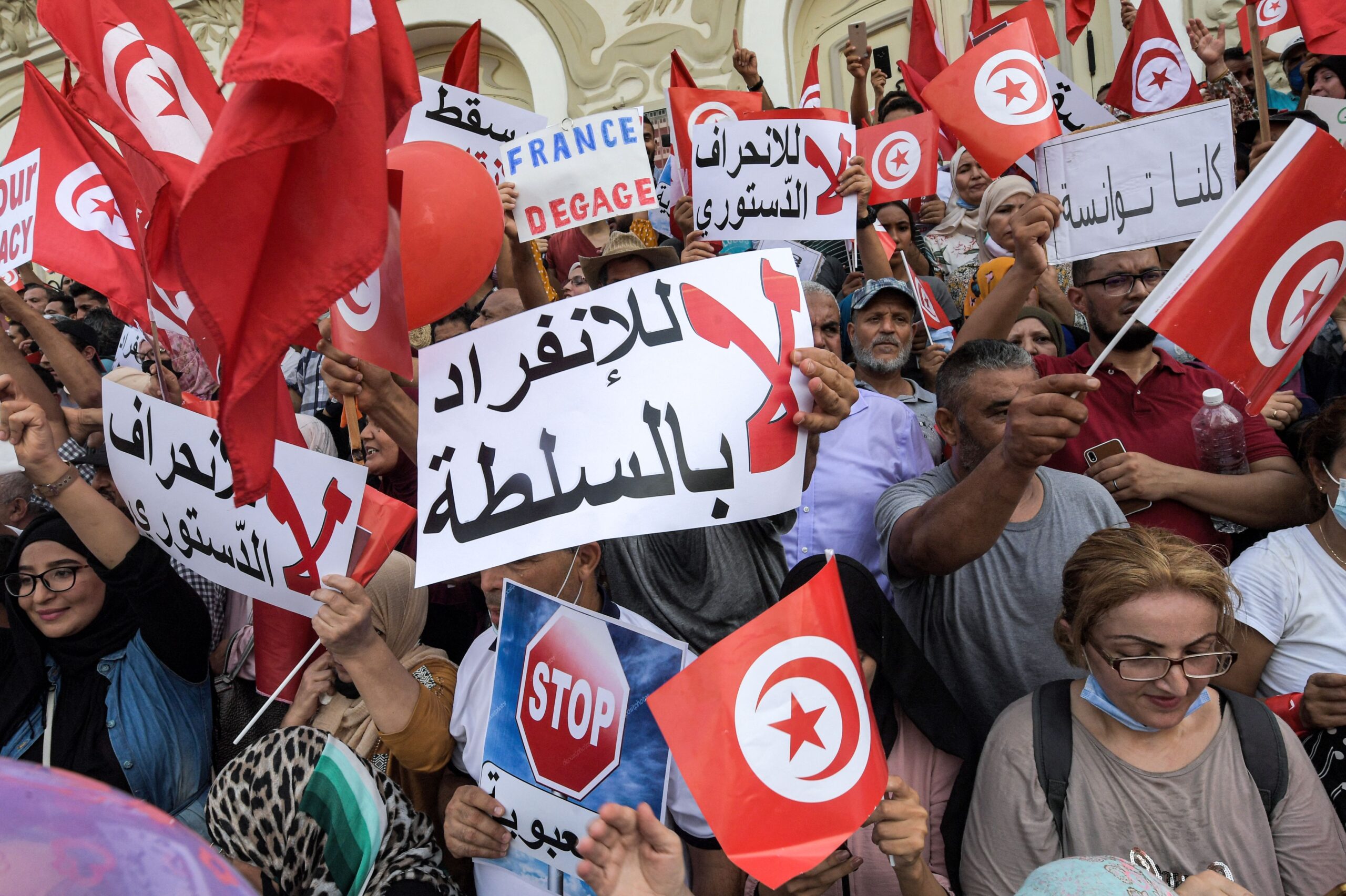On Monday, transport workers in Tunis, the capital city of Tunisia, went on strike to demonstrate their discontent with overdue wages and the absence of a year-end bonus, resulting in congested traffic throughout the city.
This most recent labour stoppage is just one of numerous similar protests that have taken place as Tunisia is dealing with a financial emergency that has resulted in a scarcity of fundamental commodities from fuel to edible oil.
The country located in Northern Africa is facing economic issues due to its possessing debts which exceed the total of its gross domestic product; they are in the midst of talks with the International Monetary Fund for a bailout of nearly two billion dollars.
Employees of the government-controlled public transit business Transtu took part in a strike, and a large crowd assembled outside the PM’s workplace in response to the appeal made by the transportation division of the influential UGTT labour union.
Transtu reported that the majority of transportation services in the Tunisian city with a population of nearly three million were suspended due to the strike.
The Ministry of Transportation announced that the unannounced strike brought transportation in the Greater Tunis area to a standstill, preventing public services from functioning effectively and affecting the citizens’ interests.
The transport ministry said the “wildcat strike paralysed transport across Greater Tunis… disrupting the functioning of public services and the interests of the citizen”.
It said Transtu salaries had been paid starting from December 29 and that the “real reason for the strikes is a different set of financial demands, in the form of an annual bonus” to more than 7,000 staff, worth more than $5 million.
The announcement indicated that the bonus was in the process of being distributed and that it was working with “all concerned parties to avoid further disruptions”.
During the school vacations in November, which is a busy period for families utilizing public transport, Transtu, which operates approximately 250 bus routes and 15 tram lines, was also shut down due to a strike.
The International Monetary Fund has suggested that a series of politically-challenging steps be taken, such as phasing out subsidies on essential items and reforming public enterprises. These enterprises include Transtu, as well as monopolies in the sectors of water, energy, and cereals.
Tunisia, where the Arab Spring began, has been experiencing a political split since President Kais Saied made a bold move to take control in July 2021.
Image Credit: FETHI BELAID/AFP



















